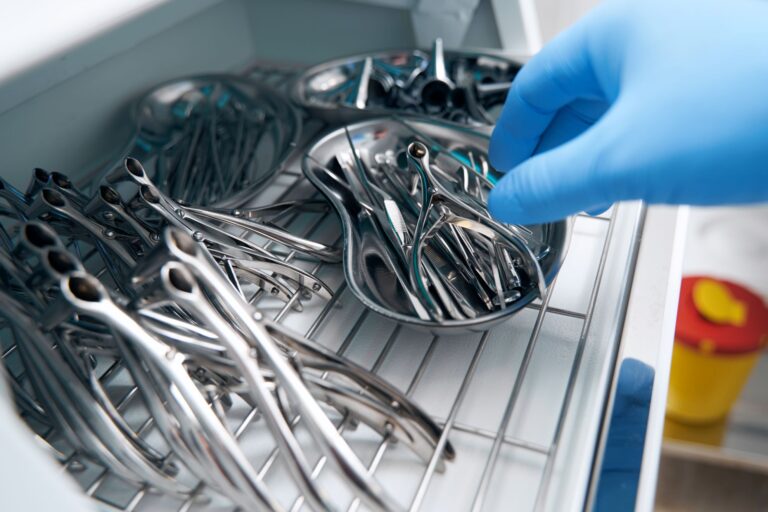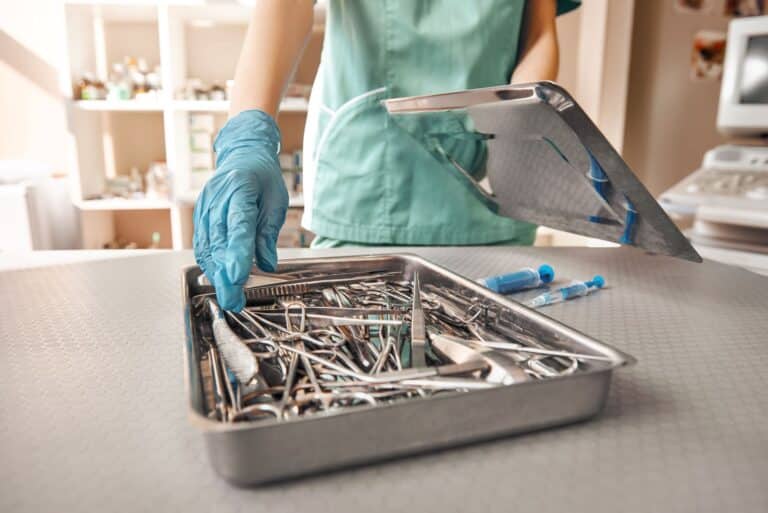With everyone being so dependent on technology, it’s in our nature to want the latest gadgets as soon as they’re released. Also, take into account that retail stores give incentives to their customers for upgrading their mobile phones and other devices almost yearly.
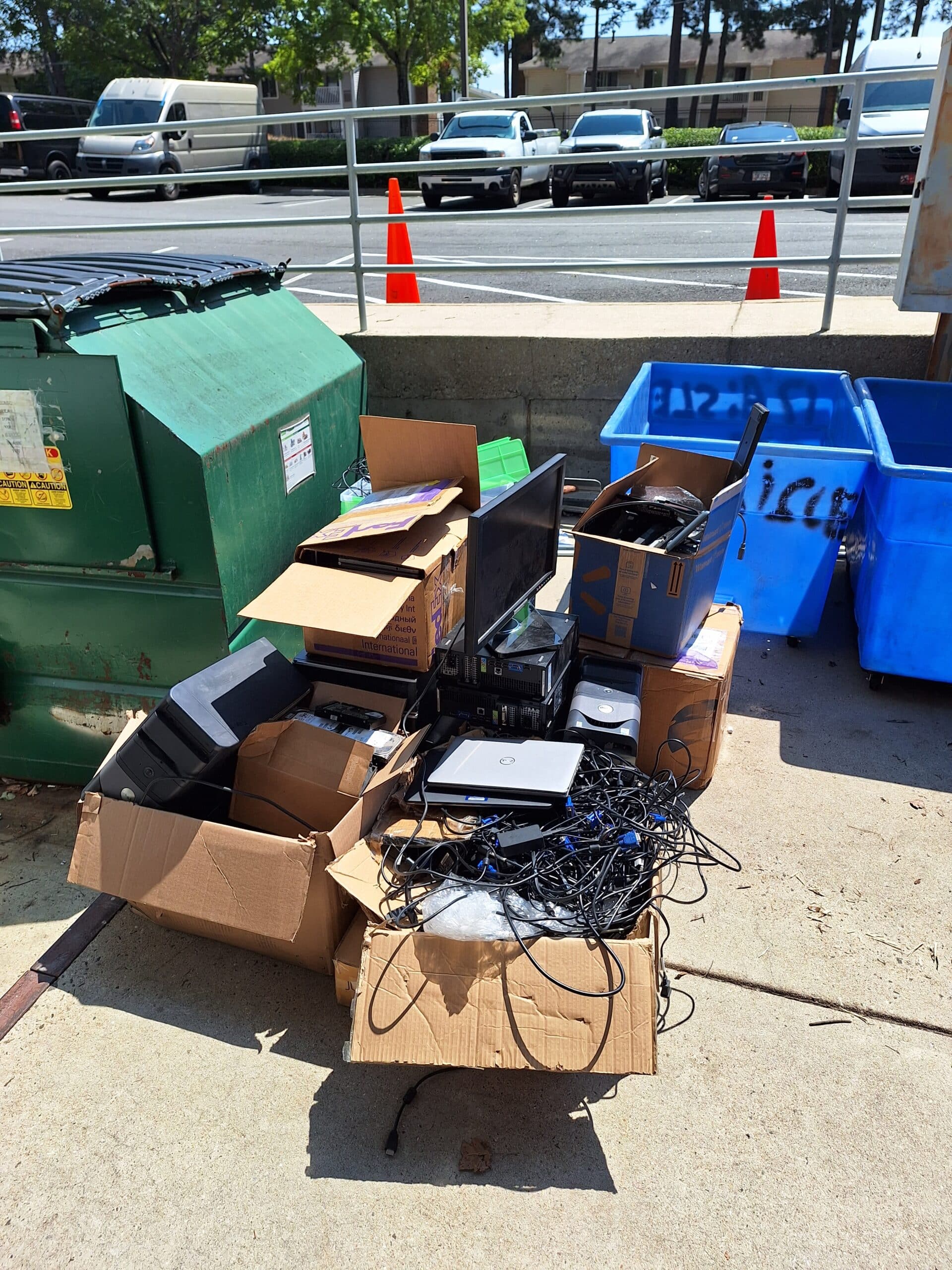
In addition, we’re drawn into the fancy new iPhone or iPad that makes our lives easier with all of its unique gadgets and features. So, what happens to our old electronics? More so than not, many people just throw them away, only for them to get put into landfills.
Electronics that are thrown away as regular garbage are referred to as “electronic waste”. Unfortunately, improper electronics discarding has negatively impacted our environment.
As you continue reading below, we’ll discuss 10 things you should know about electronics recycling.
10 Essential Things You Should Know About Electronics Recycling in Atlanta
Here are 10 things you should know about electronics recycling.
1. What is Electronic Waste?
Electronic waste is defined as any type of electronic material that has been discarded. This also included any electronics that are broken or are still working and have been donated to recycling centers. Many times, when electronics are donated to stores such as Goodwill, they’re often thrown away.
Electronic waste is hazardous to our environment because of the toxic components that come from its metals when they’re buried. Today, much of electronic waste is mainly from electronics that are no longer working. According to the Environmental Protection Agency (EPA), it’s estimated over sixty million electronic waste materials are put into landfill every year.
With advancements in technology being made each year, new electronics are made. From smart devices to computers, electronics can do just about anything now. However, many people are still discarding their electronics like regular garbage.
2. Exportation of Electronic Waste
When considering electronics recycling in Atlanta, you should know the harmful effects of exporting electronic waste. Electronic waste is not only a problem here in the United States, but it’s a global problem, especially with air pollution. Dumping electronic waste has mainly been a problem in countries like India, China, and Africa.
Every year, an overwhelming amount of electronic waste is dumped in our landfills here in the United States. In addition, the United States exporting electronic waste to other countries has become an even bigger problem. The United States exports over half of its electronic waste to China.
By irresponsibly exporting electronic waste, this is causing pollution in China and harming their population. The toxic chemicals within electronics can cause health issues such as respiratory problems, reproductive problems, and issues with the nervous system.
As technology continues to advance, more electronics will continue to be exported irresponsibly. Once exported to other countries, electronics will end up in recycling centers close to people’s homes, and unlike the U.S., China’s recycling process isn’t nearly as good as the United States.
China lacks electronics waste infrastructure, which directly affects their living conditions and threatens their environment. By adopting electronic waste practices and import ban regulations, other countries will continue to feel the effects of improper electronic dumping.
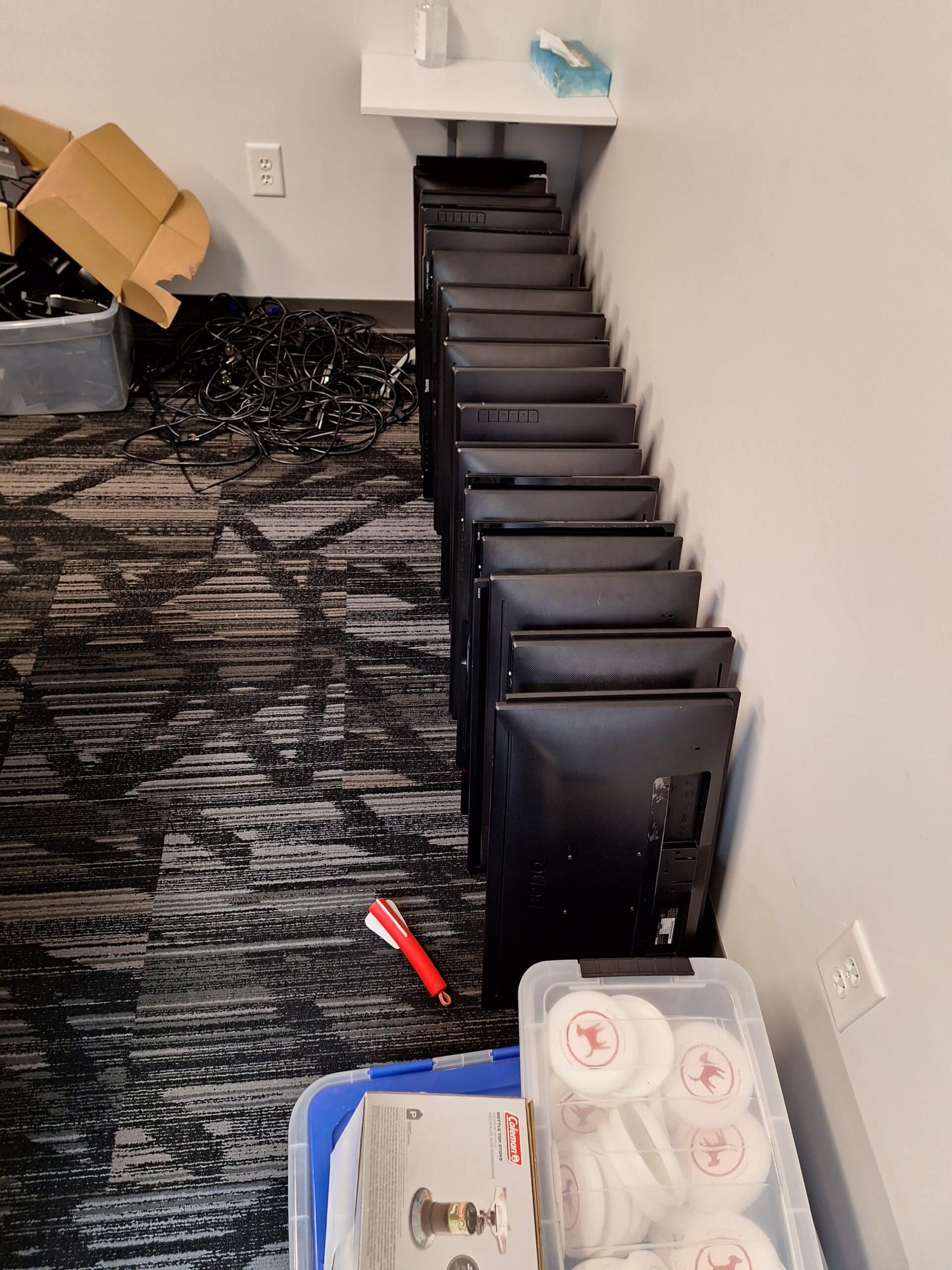
3. E-Stewards Standard for Recycling Electronics in the United States
The e-stewards standard is supported by the Environmental Protection Agency, which recognizes the best management practices, and allows a way to protect the environment by managing electronics. In order to become e-stewards standard certified, the following is required from a recycler:
- Excellent recycling practices – Handling electronic waste must be done with the safest methods to protect the environment and workers.
- Adheres to labor laws – No child labor or prison labor is permitted.
- Exports legally & responsibly – Exportation of electronic waste to other countries is not allowed.
- Conformity – All recyclers belonging to a company must be covered under a certification.
- Track toxic materials – Recyclers track toxic materials and ensure they’re properly managed.
- Secure Data – Any data stored on a device must be destroyed.
4. Where are Electronics Recycled?
In our technology-driven world, we are constantly getting new and updated devices each year. Old electronics are an excellent way to make new electronics. Using raw materials from old electronics can save time and reduce mining which is terrible for the environment.
So where are electronics recycled? When considering electronics recycling in Atlanta, you can contact our professionals at Beyond Surplus. There are also methods to ensure that your old electronics are being handled correctly by a licensed recycler.
It is essential to find out if your local recycler is looking for old electronics before selling them for parts. When we reuse electronics, this is an eco-friendly approach and can give devices added heads of usability.
If your recycler doesn’t have a refurbishment option, there are other methods. Some recycling centers also offer hard drive shredding to reuse metals, which are then sent to a smelter.
5. Why You Should Recycle Your Electronics
With the continuous advancements in technology and the constant yearly upgrades, there’s no use in keeping your electronics tucked away in a closet somewhere. There are several reasons why you should consider electronics recycling in Atlanta.
- It’s hazardous not to – With the number of toxic chemicals that are found in electronics, it’s too dangerous not to recycle your electronics. Throwing your electronics out into landfills can leak harmful chemicals into our water and soil. This is particularly possible when electronics are exported to other countries that don’t have recyclable resources.
- You can securely destroy your data – Licensed recycling centers are professionals when it comes down to securely destroying data. If you just dump your device into a landfill, you put your sensitive data at risk.
- You can save money – Did you know that recycling your electronics can save you money? Some retail stores or manufacturers offer specific programs where you can take your electronics in to get a new one or one at a discount. There are many electronic waste centers that will pick up electronics for free.
6. Don’t Let Electronics Pile Up
Just about every homeowner has a pile of unused electronics in their home. In the electronics recycling in Atlanta business, it’s referred to as the “forbidden pile.” No one ever starts with a large pile of unused electronics; however, as time passes and new devices emerge, your electronic pile will continue to build.
Rather than letting your electronic devices build up and gather dust, you should recycle your electronics as soon as you know you won’t need them anymore. As electronics continue to sit in your hand, they lose their value, so by the time they make their way to a recycling center, they’re worth almost nothing.
If you’re considering electronics recycling in Atlanta, you should recycle your electronics as soon as possible to avoid losing value.
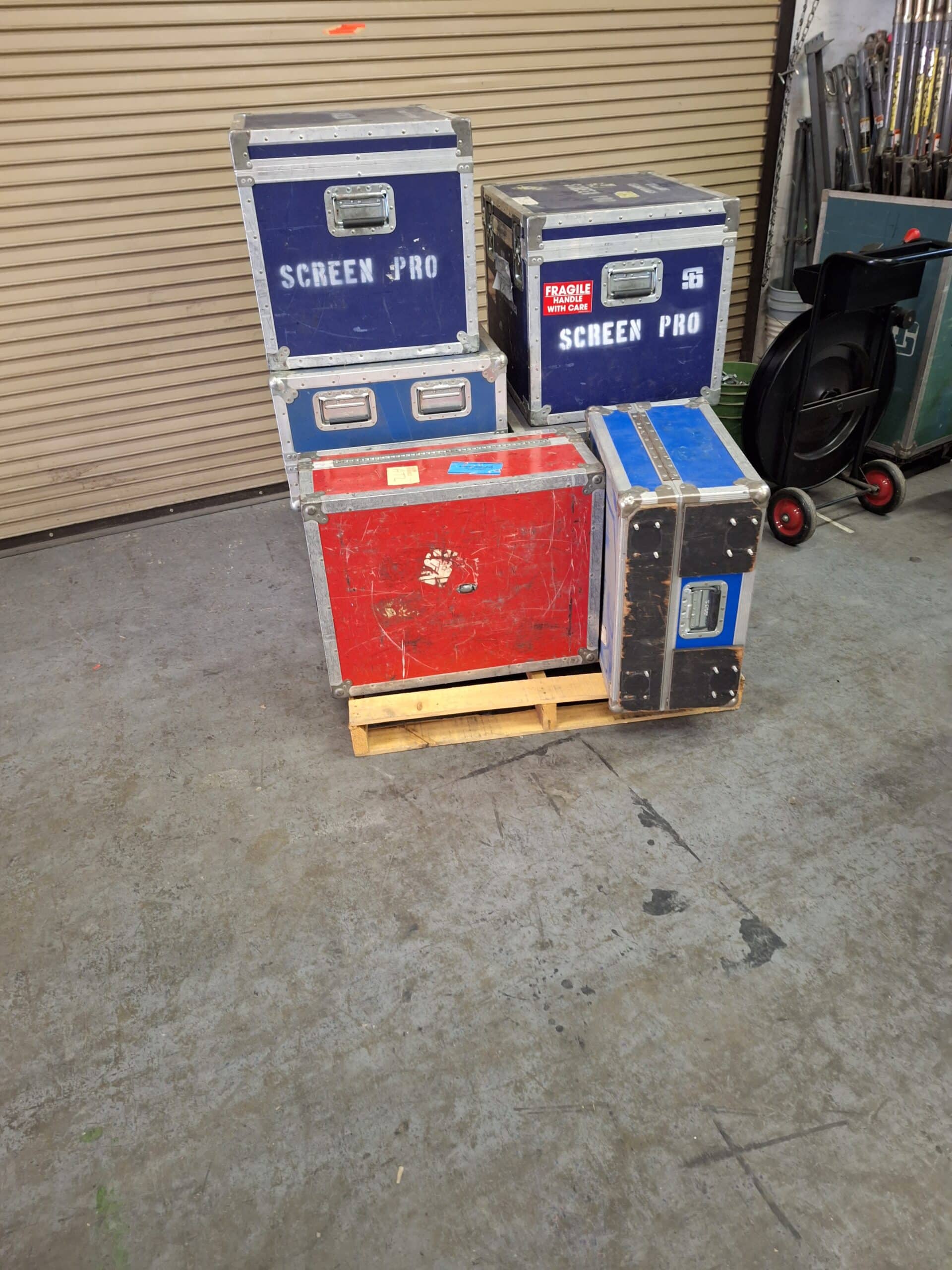
7. What You Can Do With Your Recycled Electronics
If you’re considering electronics recycling in Atlanta, you’ll first want to wipe your electronics. We’ll touch on this more as you continue to read, but we’ll cover a bit while we’re here too. When recycling your electronics, the last thing you want or need is your personal data getting out in the open.
Wiping your electronics of data before discarding is one of the most important things you can do when recycling electronics. There are a number of resources you can research online to find out how to securely wipe your device; however, if you need to wipe a hard drive, you might need to use a physical approach.
Another thing you can do with your recycled electronics is to try and sell it. If your electronics are in excellent condition, there are a number of websites you can sell them on to earn cash. The amount of money you make depends on the condition of the electronic and how long it’s been sitting.
Recycling your electronics is an excellent way to discard them and not harm the environment. Depending on your location, you might easily find a drop-off location in your area. The best part is that many recycling centers don’t come with any fees.
8. Recycle Correctly
Many computers and households are waking up to the fact that we aren’t recycling our electronics correctly, and we must do better. So how can you properly recycle your electronics? Let’s take a look.
Before considering tossing your electronics, you should consider using them a little longer. If you’re set on purchasing a new device, there are eco-friendly options available. There are also retail stores and manufacturers who have recycling programs available.
Whether you’ve chosen to use your device for a while longer or pass it on, refurbishing your device is another innovative way to recycle your device. Refurbished devices are an excellent option for families who are on a budget.
Another way you can recycle your electronics is by donating them to a worthy cause. Goodwill is one of the best options for donations as they reuse electronics as much as they can before recycling them. Lastly, you can research and recycle your electronics with a professional recycling service.
Check your local communities for recycling centers, as some centers have drop-off options available.
9. Erase Your Data Before Recycling
Once you’ve ensured that you’ve backed up all of your data on your new device, you’ll want to erase your data before recycling any old electronics. There are a series of steps you should take when following this process.
Backup Data
Any personal information, photographs, financial information, or business and company information should be backed up on a new device. Knowing what you’re saving and how much space you’ll need will help you decide how to back up your data.
Wipe Your Hard Drive
The next thing you’ll need to do is destroy your hard drive. Recycling centers have a hard drive shredding that leaves no trace of personal data behind.
Dispose of Your Computer
Many computers contain hazardous chemicals that should remain out of our landfills. Once you have backed up your information and wiped your hard drive, you can now safely recycle your computer.
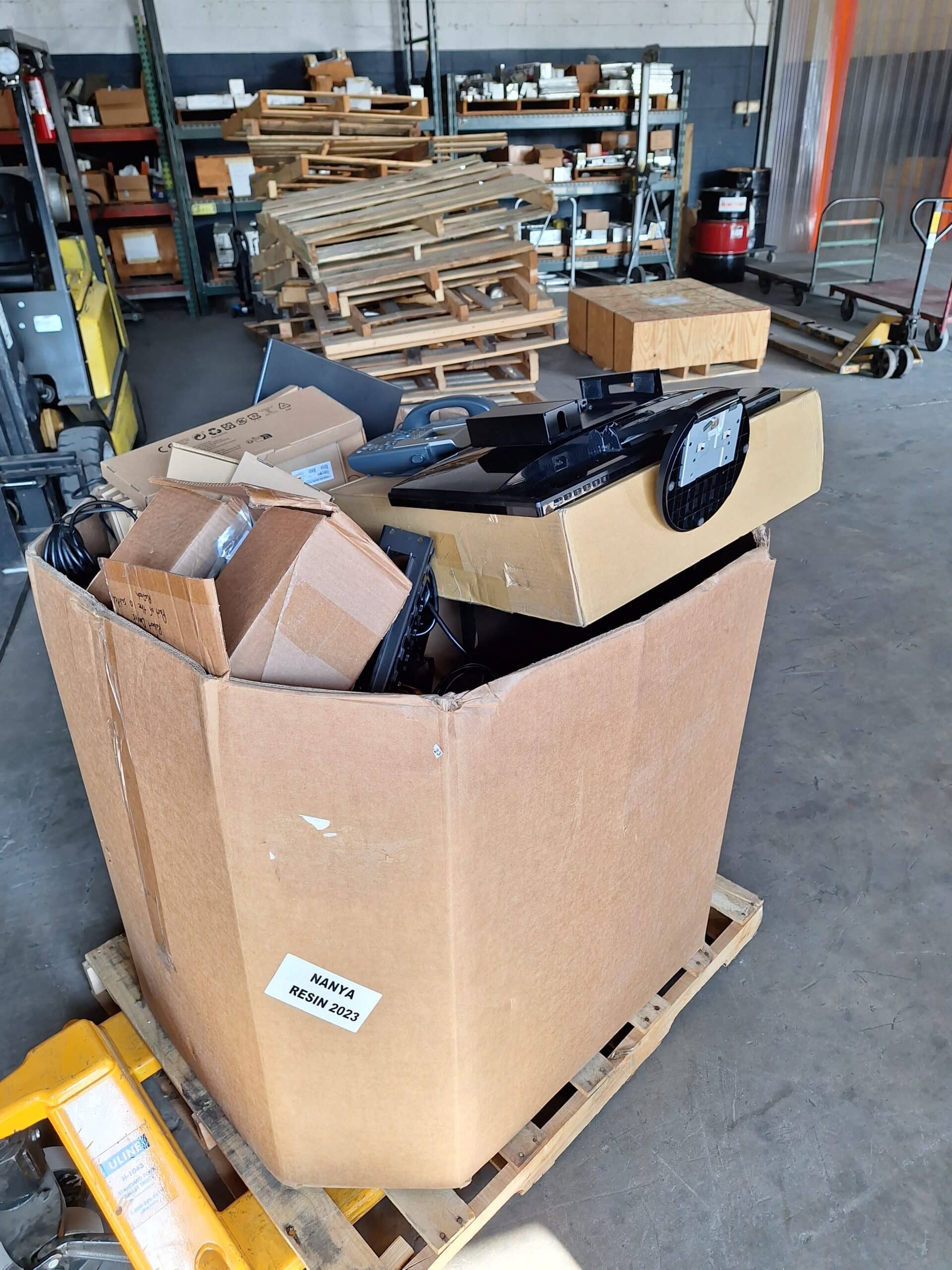
10. Don’t Throw Away Batteries
Have you found yourself with a junk drawer filled with loose batteries? What should you do with your batteries once they’ve died? You can recycle batteries, whether they’re vehicle batteries, rechargeable, or single-use batteries.
In Georgia, there are currently no battery recycling laws; however, many other states do have them. Just because there isn’t a law on recycling batteries in Atlanta doesn’t mean you should throw them in the garbage.
Many batteries contain chemicals such as nickel, cobalt, and manganese, which can pollute our drinking water. Since batteries have valuable materials inside them, you should recycle them to minimize the need for mining.
Due to the Department of Transportations requirements, Beyond Surplus does not accept loose batteries for recycling, but we do accept batteries inside of any device. However, for households, you can contact your local waste district to determine if your community has a collection program that recycles batteries.
The Bottom Line
With production continuing to grow and the continuous amounts of harmful electronic waste, electronic recycling has become essential now more than ever. With our personal actions, we can take the proper steps to ensure we’re correctly recycling our electronics to keep them away from landfills.
When recycling your electronics, ensure you’re doing so correctly. Delete your data from your devices and find a local recycler that accepts electronics. Having the proper knowledge about electronic recycling is essential to keeping our environment and loved ones safe.
At Beyond Surplus, we offer computer and electronic recycling services to make recycling your electronics a breeze!
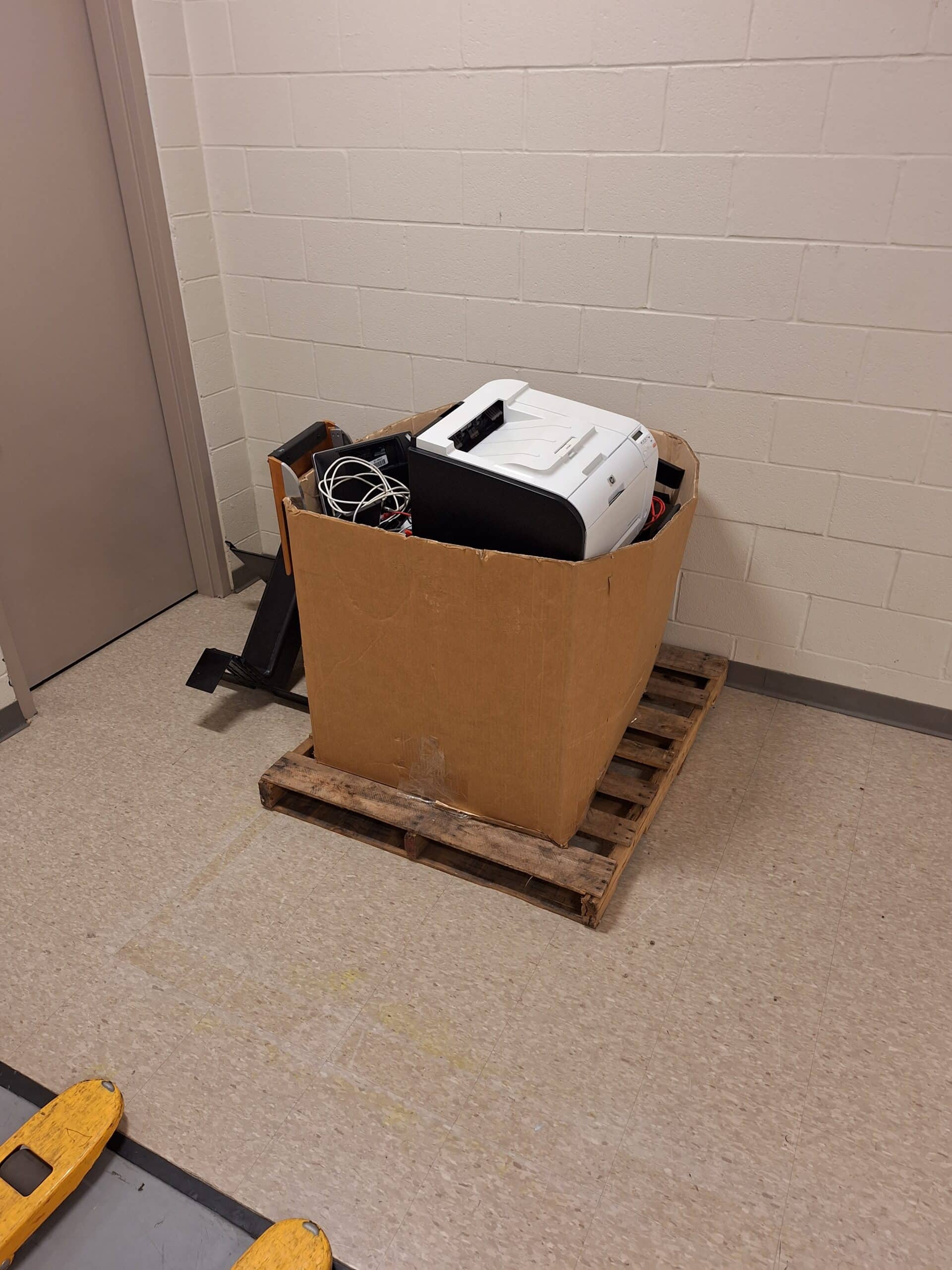
Electronics Recycling in Atlanta: FAQ
1. How do you wipe electronics for recycling?
To wipe your electronics for recycling, you should move or back up all of your valuable data.
2. How do I dispose of electronics in Atlanta?
To dispose of electronics in Atlanta, you can contact Beyond Surplus
3. How do I dispose of an old TV in Atlanta?
Televisions can be collected curbside along with your residential garbage.
4. What can I do with old electronic items?
You can take your old electronic items to a certified recycling center.

